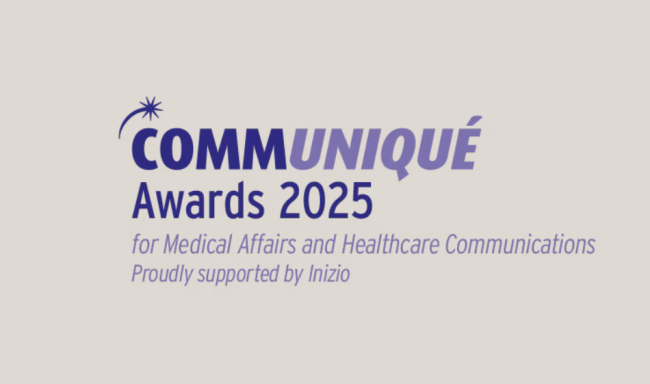Sage Therapeutics announced today topline results from the Phase 2 SURVEYOR Study.
The study met its primary endpoint demonstrating a statistically significant difference as measured by the Huntington's Disease -Cognitive Assessment Battery (HD-CAB) composite score at baseline between healthy participants and participants with Huntington’s Disease (HD) prior to any treatment with dalzanemdor (SAGE-718) or placebo.
Laura Gault, Chief Medical Officer, Sage Therapeutics said,
Huntington’s disease is a rare, genetic, neurodegenerative condition that greatly impacts the ability of individuals to function independently. While symptoms of cognitive impairment can precede motor symptoms by up to 15 years, it is a historically underrecognized aspect of Huntington's disease and there are no approved treatments for cognitive impairment in Huntington's. The findings from the SURVEYOR Study highlight the extent of cognitive impairment associated with Huntington's disease and enhance our collective understanding of this devastating disease. This finding further underscores the importance of developing treatments that can address this critical unmet need for people living with Huntington's.
SURVEYOR was a small learning study with three objectives:
- to determine the magnitude of cognitive impairment in participants with Huntington's compared to healthy participants
- to evaluate the safety of dalzanemdor in participants with Huntington's disease
- to better understand the relationship between changes in cognition and changes in function
The study met its primary endpoint demonstrating a statistically significant difference as measured by the HD-Cognitive Assessment Battery (HD-CAB) composite score at baseline between healthy participants and participants with Huntington’s disease prior to any treatment with dalzanemdor (SAGE-718) or placebo.
The baseline composite score for participants with Huntington's disease was markedly lower compared to healthy participants, further underscoring the extent of cognitive impairment associated with Huntington's and the significant unmet need for treatment options. We hope these findings will help contribute to a greater understanding and urgency to address cognitive impairment associated with Huntington's.
The secondary safety endpoint showed that dalzanemdor was generally well-tolerated, and there were no new safety signals observed.
We also recommend reading the HD Buzz article, which gives a great explanation.
Letter from Sage Therapeutics
Dear Huntington’s Disease Advocacy Community,
Today, Sage Therapeutics announced topline results from the Phase 2 SURVEYOR Study. SURVEYOR was a small learning study with three objectives: to determine the magnitude of cognitive impairment in participants with Huntington's disease compared to healthy participants, to evaluate the safety of dalzanemdor in participants with Huntington's, and to better understand the relationship between changes in cognition and changes in function.
The study met its primary endpoint demonstrating a statistically significant difference as measured by the HD-Cognitive Assessment Battery (HD-CAB) composite score at baseline between healthy participants and participants with Huntington’s disease (HD) prior to any treatment with dalzanemdor (SAGE-718) or placebo.
The baseline composite score for participants with Huntington's disease was markedly lower compared to healthy participants, further underscoring the extent of cognitive impairment associated with Huntington's and the significant unmet need for treatment options. We hope these findings will help contribute to a greater understanding and urgency to address cognitive impairment associated with Huntington's.
The secondary safety endpoint showed that dalzanemdor was generally well-tolerated, and there were no new safety signals observed.
Based on these results, Sage is continuing to evaluate the SURVEYOR Study data and will apply relevant learnings to our ongoing work on the dalzanemdor program.
We would like to acknowledge the meaningful contributions of everyone who made this research possible. Sage is immensely grateful for the time and role played by study participants, family members, care partners, and advocates. We look forward to sharing future updates with the Huntington’s disease community as they become available.
Please be in touch if you have any questions. We look forward to our continued conversation.
With gratitude,
Lesley
Lesley White, MSW, LICSW
Director, Pipeline Patient Engagement & Advocacy




